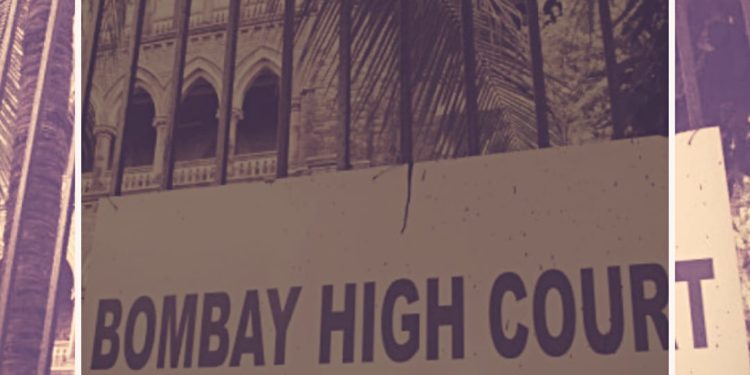The Nagpur bench of Bombay High Court recently held that a husband entering into wedlock for the second time cannot be a case of domestic violence against the divorced first wife. The divorced wife had filed a case against former husband, his parents and also husband’s sister after he re-married.
Justice Manish Pitale held,
Merely because the husband performs a second marriage, it cannot come within the Protection of Women from Domestic Violence (DV) Act’s, 2005, definition.
Case:
The couple entered wedlock on March 13, 2011, but soon matrimonial discord developed between them. The husband filed a divorce case against wife on the grounds of cruelty, which was allowed by the Akola Family Court on September 16, 2014. The family court had also dismissed her application for restitution of conjugal rights back then.
Later, the wife challenged this order in high court, but the same was rejected on August 10, 2015, and subsequently by the Supreme Court on February 15, 2016.
Second Marriage
The husband, after being legally divorced from first wife, got re-married. It is then that the divorced woman filed a case under the DV Act against him and in-laws in the Akola court contending that his second marriage attracts provisions of the DV Act.
The Akola magistrate while issuing notice to the petitioners also rejected their application for quashing that case.
Bombay High Court Nagpur Bench
While allowing the petition by the Jalgaon-based husband, his parents and sister, the judge said the first wife could have claimed that there had been a domestic relationship between her and husband at a point in time. Adding to the same, the judge remarked,
But the said fact in itself would not be enough for her to initiate proceedings under the DV Act, much after the divorce proceedings had attained finality and findings had been rendered against her.
The wife could not be permitted to keep the husband and in-laws engaged in litigation in this form, when the DV Act’s requirements did not appear to be satisfied. The chronology of events indicates that she sought to invoke provisions after her divorce case attained finality up to the Supreme Court. It was not as if she initiated a proceeding during the matrimonial discord between the parties.
While quashing the Akola magistrate’s notice of May 17, 2016, which rejected the petitioners’ application for quashing of the DV Act proceedings filed by the wife, the judge pointed out that it was only after she suffered adverse orders in the divorce, and for restitution of conjugal rights cases, which stood confirmed right up to the apex court, she sought to invoke the DV Act. Justice Pitale also said,
She appeared to be interested in initiating and continuing such proceedings as a tool of harassment against the in-laws. The prayers pertaining to monthly maintenance, compensation and other benefits have all been made in the backdrop of such allegations, which are nothing but a repetition of the contentions raised in the earlier round of litigation.
Concluding the matter, judge quoted:
As far as the husband’s second marriage after divorce is concerned, the wife’s contention that it amounted to domestic violence cannot be accepted. Section 3 of the DV Act defines ‘domestic violence’ in an elaborate manner and it refers to physical, sexual, verbal, emotional and economic abuses.
MUST WATCH –
Karan Thapar Interview (2006) With WCD Minister Renuka Choudhary (Domestic Violence Act)
ALSO READ –
READ ORDER | Widow Loses Right In Property Inherited From Previous Husband On Valid Remarriage
READ ORDER|Woman’s Remarriage Without Divorce Wouldn’t Deprive Her Of Minor Child’s Custody
Should Men Suffer In Abusive Marriages Due To Threats Of False Cases, Children, Or Take A Stand?
My Dad’s Re-marriage, After Losing My Mom 10-Years-Ago, Was Both Surreal & Fun
READ ORDER | Wife Cannot Simply Invoke Domestic Violence Act To Claim Maintenance
Join our Facebook Group or follow us on social media by clicking on the icons below
Join our Facebook Group or follow us on social media by clicking on the icons below
If you find value in our work, you may choose to donate to Voice For Men Foundation via Milaap OR via UPI: voiceformenindia@hdfcbank (80G tax exemption applicable)































